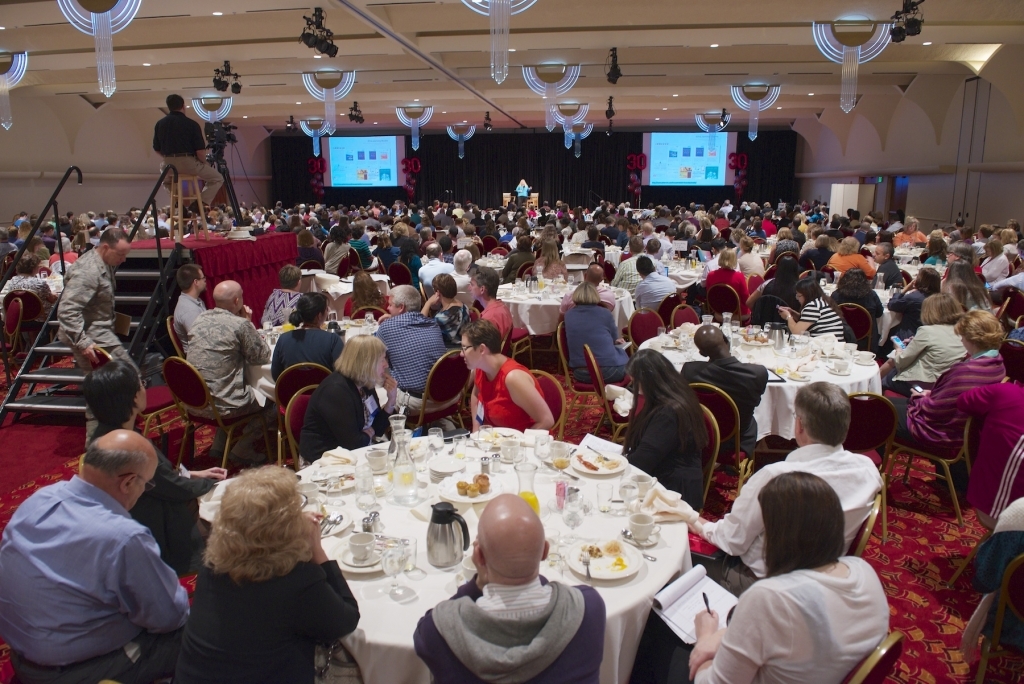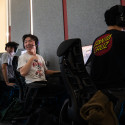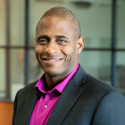Distance Teaching & Learning Conference addresses radical changes in education

Educators at last year’s Distance Teaching & Learning Conference. Courtesy Division of Continuing Studies
Technology has radically transformed the way people learn in the college classroom, in the workplace and in the military. Educators must stay on top of cutting-edge innovations to prepare students for success in the 21st century workforce, including novel ways of using mobile devices, digital games and social media.
The University of Wisconsin–Madison’s Distance Teaching & Learning Conference will explore the latest developments August 11-13 at the Monona Terrace Community and Convention Center.
“Distance education” refers to learning that takes place completely or partially outside a traditional classroom setting, through such means as online courses, videoconferencing and other technology-enabled environments. The Distance Teaching & Learning Conference will attract more than 800 college faculty, K-12 teachers, corporate and military trainers, instructional designers, business people, and others who want to share experiences and learn about new strategies from experts in the field.
The conference has helped educators and workplace trainers stay on top of emerging technologies for 30 years, building UW–Madison’s reputation as an international leader in the field. The university has long been at the forefront of educational technologies, from offering the world’s first correspondence course in 1891 to broadcasting classes for adult learners on WHA radio in 1922.
“This year’s conference features sessions on such vital topics as social media, mobile learning, learning-science research, online teaching strategies, and the global reach of distance online education,” says director Les Howles. “Participants will have a chance to connect with peers from around the world, and they’ll walk away with new techniques for reaching today’s learners.”
The conference’s presenters are among the world’s leading authorities in education and innovation. They include Marc Rosenberg, best-selling author of “E-Learning: Strategies for Delivering Knowledge in the Digital Age;” Marc Prensky, founder of the Global Future Education Foundation and Institute, and author of “From Digital Natives to Digital Wisdom;” and Susan Rundell Singer, division director for undergraduate education at the National Science Foundation.
“The world is changing, and we have to expand how we see the learning environment,” says Rosenberg. “What we’re seeing in education and industry is a much bigger toolkit, which has evolved to include different approaches to learning. As students move into careers, they’re going to find situations that view learning much more expansively, so it’s incumbent on educators to prepare them for this kind of workplace.”
The Distance Teaching & Learning Conference is one of the state’s largest educational conferences. It attracts a significant number of educators from colleges throughout Wisconsin, who learn state-of-the-art strategies for use in their classrooms.
—Dean Robbins



